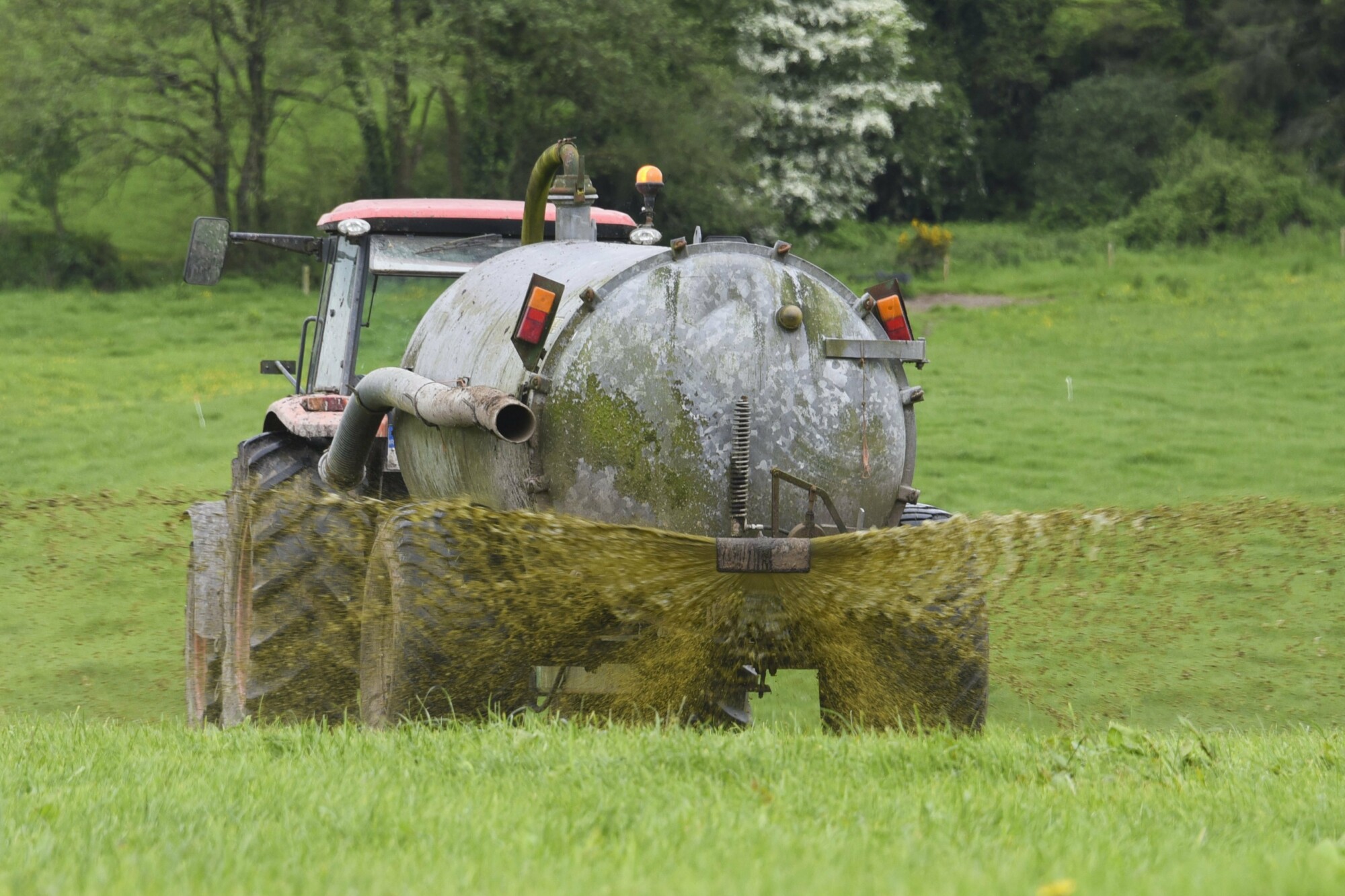Farmers faced with sudden changes to spreading plans
4th August 2021
The Environment Agency has issued new guidance on the spreading of organic manure, which is set to affect farmers and land managers in England – giving them very little time to adapt.
The new rules mean farmers can easily breach regulations when applying organic matter to fields, with the document stating farmers can apply organic manure to agricultural land that may exceed the needs of the soil or crop on that land in certain situations, but must not cause a risk of pollution. They may also not apply organic matter as a means of disposal.
Farmers will have to justify why they need to apply organic manures and also plan chemical applications, taking into account risks to water from nitrogen and phosphorous.
The latest updates are set to have the biggest impact in the east of England where most pig and poultry manures are applied ahead of autumn cropping. The new updates give these farmers an incredibly short amount of time to change their current practice. Farmers are being encouraged to seek independent advice to ensure that their farm remains compliant.
The timing and content of the updates has already received some criticism, with the NFU condemning the report, saying it was “deeply disappointed with the content of the statement by the Environment Agency, which sets an idealistic and impractical barrier in many farming situations”.
Farmers facing sudden changes to their autumn plans are likely to agree.
NFU deputy president Stuart Roberts said: “To find ourselves in this situation so close to autumn shows a complete lack of appreciation of the bigger picture; these materials improve soil health and replace man-made fertilisers while use at this time of year reduces ammonia emissions compared to applications in the spring.”
Responding to the new rule change, CLA’s chief land use policy adviser Susan Twining said: “It is still likely to have a big impact on many businesses, both practically and economically, with little time to adapt plans for this year.
“Of course, water quality should never be compromised. A healthy water environment is key to ensuring wildlife can flourish, and everyone has their part to play.
“But further thought is urgently needed on how to balance the value of organic material for building soil health and benefits for carbon sequestration, reducing reliance on manufactured fertilisers, improving water holding capacity and associated flood risk.”
Key points from the updates:
- The Farming Rules for Water (FRfW) – Rule 1 has requirements for planning nutrient applications of organic material (livestock manures and slurries, digestate and biosolids) and manufactured fertiliser to crops, taking into account risks to water from nitrogen (N) and phosphorous (P)
- The Rules apply across the whole of England. Those in a Nitrate Vulnerable Zone (NVZ) should also follow the NVZ rules that have additional requirements. There should be proactive management of all crop nutrients on farm to avoid losses to water and also air (as ammonia and nitrous oxide)
- Mitigation action must be taken where there is a significant risk to water. This might include reviewing the need for organic material, adjustment of application rates, considering alternative fields, or the export of manures
- Organic materials applied as a means of disposal, rather than as part of a crop nutrient management plan based on crop and soil needs, will be in breach of the Rules
- The decision-making process on whether to apply organic material and/or manufactured fertiliser should be a transparent part of manure and nutrient management planning
- A nutrient management plan should take account of crop need, manure type, its nitrogen (N) and phosphorus (P) content, rate of application, soil type and nutrient indices, and weather forecast at application.
Read the guidance in full here

